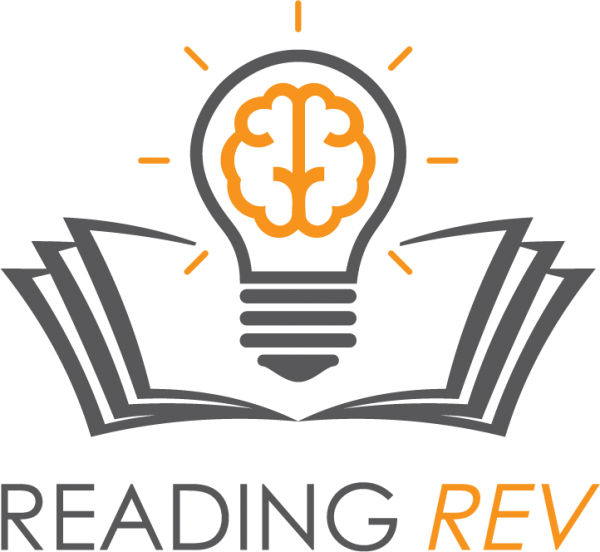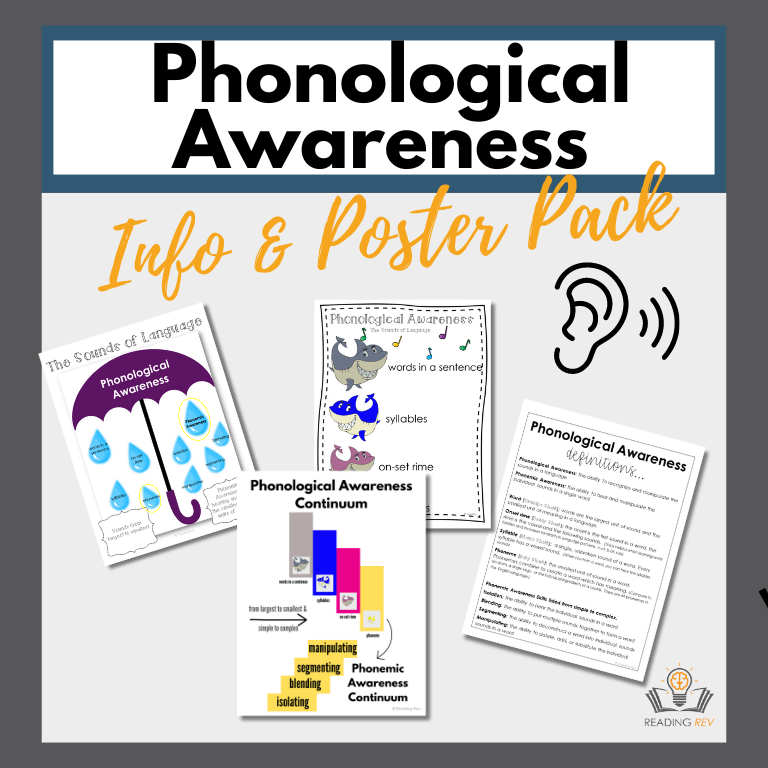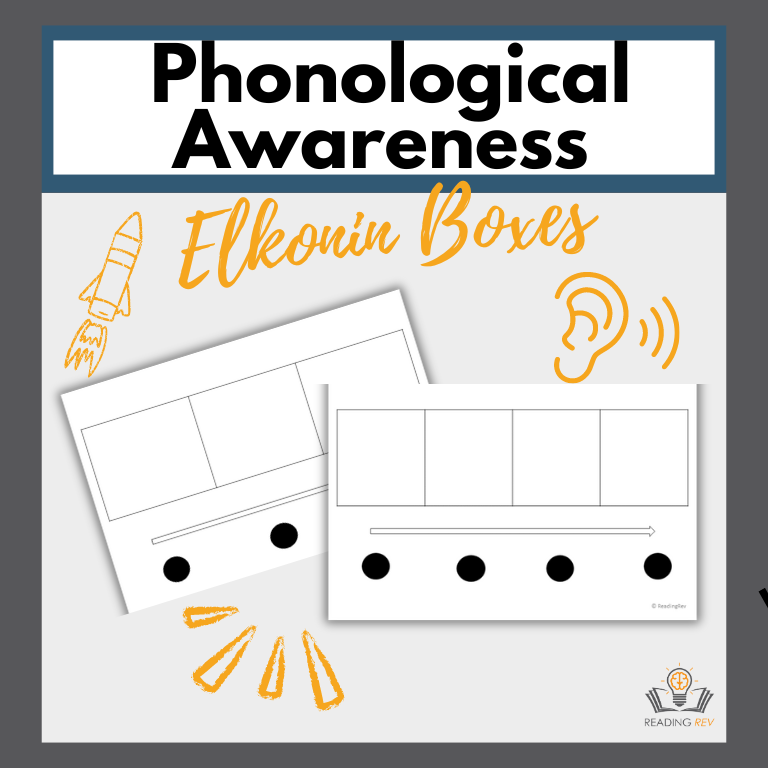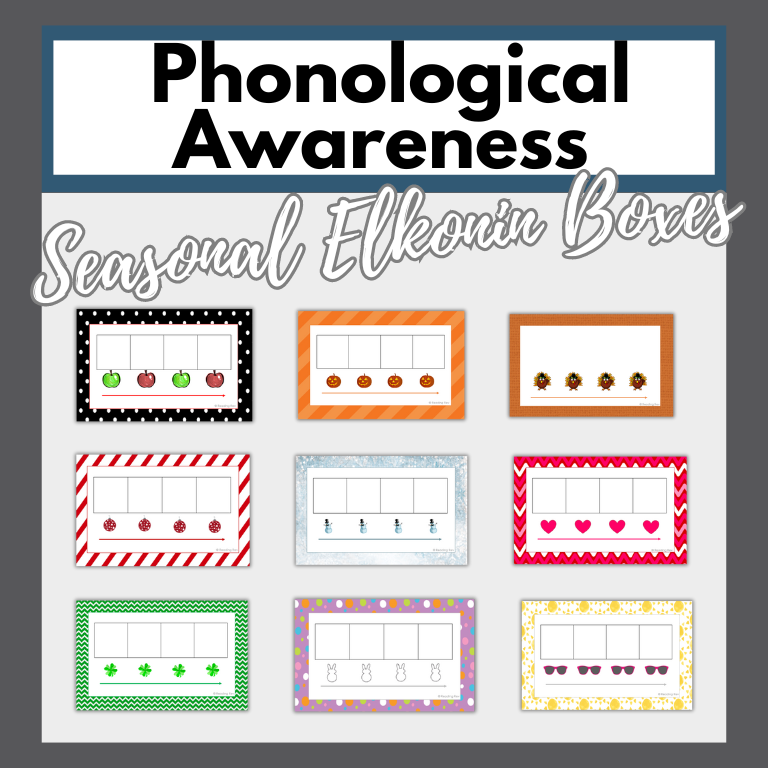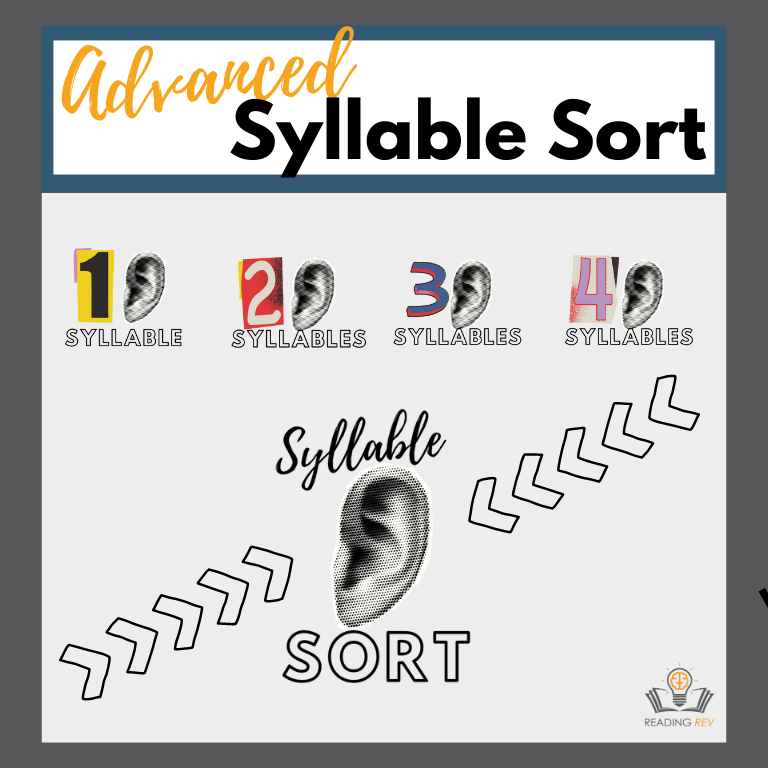Rethinking Phonological Awareness
Maybe for this one, it isn’t re-thinking as much as just thinking about Phonological Awareness. Historically, this has been the least known, most misunderstood component of reading. Let’s break it all down! Phonological Awareness is the foundation of all language and reading. It is the vital ability to be able to hear, recognize, and manipulate the sounds of language.
Too often we jump into phonics and blending before kids have mastery of the ability to just hear and distinguish language at the sound level. Struggling readers, of all ages, often have a weakness in P.A.
We have found that when you identify a phonological deficit and give systematic, direct instruction at this foundational level, everything can fall into place! Your student will be able to think about sentences and words differently. They will be able to capture the individual sounds in a word and break them down. Decoding (reading) and encoding (spelling) is what literacy is all about and both rely on phonological awareness!
Phonological awareness is the understanding that oral language is comprised of smaller components of sound. The components of sound can be broken down into words in a sentence, on-set rime, syllables, and finally phonemes. This is the left side of the umbrella.
Phonemic Awareness is the ability to manipulate the individual sounds in a language. This is the right side of the umbrella. These skills are sequenced from simple to more complex: isolation, segmenting, blending, manipulating. These skills are prerequisites to reading.
Click here for our FREE visual of our Phonological Awareness Umbrella
Phonological Awareness requires no letter recognition or reading. While we don’t want to wait too long to match corresponding letters, just playing with the sounds of our language is hugely helpful and will build phonological awareness.
We pair each unit of sound with the famous Baby Shark Song. This helps students visualize that the units of sound of getting smaller and smaller. The ability to hear syllables and phonemes is crucial! Even big kids laugh and have fun with this!
Assess P.A.
If a student in early elementary is struggling AT ALL with literacy activities, looking at their phonemic awareness is critical. Recent studies show that 20% of the population has been identified as having difficulties with phonological awareness. Dyslexia, a common reading disability, is a phonological processing disorder. It is so important that we as parents and educators, learn to recognize the early signs or red flags and know how to help! Our favorite screening measure is the PAST (Phonological Awareness Screening Test). There are two versions: a primary and more advanced. Both are explained and linked for free here.
P.A. Terms:
Phonological Awareness: the ability to recognize and manipulate the sounds in a language
Phonemic Awareness: the ability to hear and manipulate the individual sounds in a single word
Word (Grandpa Shark): words are the largest unit of sound and the smallest unit of meaning in a language.
Syllable (Daddy Shark): a single, unbroken sound of a word. Every syllable has a vowel sound. (When you hum a word, you can hear the syllables sounds)
Onset rime (MaMa Shark): the onset is the first sound in a word, the rime is the vowel, and the following sounds. (This is helpful when learning word families and increases familiarity in language patterns. c-at, b-at, s-at)
Phoneme (Baby Shark): the smallest unit of sound in a word. Phonemes combine to create a word that has meaning. (Compare to an atom, a single Lego, or the individual ingredients of a cookie. There are 44 phonemes in the English language.)
Let’s TEACH phonological and phonemic awareness!
Once you have assessed a child and have identified areas of weakness, direct and systematic instruction should be given. The good news is that P.A. is something that can be taught and learned, and it’s never too late!
You can change the way a student hears language and can be the missing puzzle piece in identifying root causes of reading difficulties. Ready to Level Up Your P.A.?
This foundational skill is so important! Join our Reading Rev VIP Site to get dozens of resources and tools to teach phonological and phonemic awareness to your intermediate students!
